“The Manu named King Satyavrata formerly saved himself by tying the small boat of the entire world to the horn of the Matsya avatara, the fish incarnation. By the grace of the Matsya avatara, Manu saved himself from the great danger of the flood. May that same fish incarnation save us from the great and fearful danger caused by the son of Tvashta.” (Shrimad Bhagavatam 6.9.23)
A single event of the ancient world has been covered by a number of scriptures—even though some of these old historical texts are not generally considered as Vedic. Elements of the history of Vaivasvata Manu, our current Manu, can be found as the story of “Noah and the Flood” both in the Bible and in the Koran. The great flood is also described in some other scriptures including the Book of Enoch and the Book of Jasher. The inundation is also described in the Sumerian epic poem Gilgamesh. Manu, who is the progenitor of humanity, has made a significant mark on history. Therefore it is natural that he has been discussed in numerous scriptures from different periods throughout millennia. It would appear that the Noah we read about in the Bible is none other than the current Vaivasvata Manu.
[wp_ad_camp_1]
The Book of Jasher, which is an apocryphal work (and which is twice mentioned in the Bible) says the following in 4.13-14 about the birth of Manu:
“And the wife of Lemech conceived and bore him a son at that time, at the revolution of the year. And Metushelach called his name Noach, saying, ‘The ground was in his days at rest and free from corruption.’ And Lamech his father called his name Menachem (Manu), saying, ‘This one shall comfort us in our works and miserable toil from the ground, which YHWH (God) had cursed.’”
In the book of Enoch—an ancient Jewish religious work that is mostly preserved in its original form in Ethiopia—Noah is described as a follower of God’s rule (dharma). It is written there that he lived during a period that had become degraded due to the intermingling of the demigods with human women and that this intermingling had produced giants of demonic nature. In time practically all humankind became corrupted. Foolish people began to worship mere inhabitant of the Earth as gods … a vice that continues till this day in our present Kali Yuga.
The different Manus are described in Shrimad Bhagavatam 8.13 and the flood is described later.
“O King Parikshit, at the end of the past millennium, at the end of Brahma’s day, because Lord Brahma sleeps during the night, annihilation took place and the three worlds became covered by the waters of the ocean. At the end of Brahma’s day, when Brahma felt sleepy and desired to lie down, the Vedas were emanating from his mouth, and the great demon named Hayagriva stole the Vedic knowledge. Understanding the acts of the great demon Hayagriva, the Supreme Personality of Godhead, Hari, who is full of all opulence, assumed the form of a fish and saved the Vedas by killing the demon.” (SB 8.24.7-9).
Shrila Prabhupada comments, “Because everything was inundated by water, to save the Vedas it was necessary for the Lord to assume the form of a fish.” (Note that this verse does not relate to the form of Matsya who saved Manu at the end of a certain millennia when only a partial annihilation takes place.)
At the end of each Manvantara (lit. “rule of one Manu”), and before the next progenitor of humankind Manu takes charge, a total dissolution of the Earth—a flood—occurs. This is obviously the same devastating flood that is also described in the Bible, in the Book of Enoch and in the Book of Jasher. As Noah was an enlightened personality, he was saved from the flood along with other sages and his sons. It is said that his ark, or huge boat, remained atop the Malaya Mountain after the flood.
The Book of Jasher 5.13 discusses why Vaivasvata (Noah) was chosen as the present Manu:
And Noach was a just man, he was perfect in his generation, and YHWH chose him to raise up seed from his seed upon the face of all the earth.
The book describes the many long years during which the flood ravaged the Earth. It tells how all creatures had to endure being tossed from one side of the ark to the other. Despite the fear that Manu and the rest of the animals and sages endured in the boat, we know from Shrimad Bhagavatam that Lord Matsyadeva protected the ark throughout the flood’s duration.
After the flood Manu and his sons populated the Earth. The sons of Manu are mentioned as being three in number in the Book of Jasher, but the Vedic literature mentions at least ten amongst whom Ikshvaku is prominent. Since the Book of Jasher was scribed in a mleccha tongue, it mentions only the facts that are considered more important for the people of that time and who spoke that language:
“And these are the names of the sons of Noach: Yafe (Ikshvaku), Ham and Shem; and children were born to them after the flood, for they had taken wives before the flood.” (Book of Jasher 7.1)
It is interesting that in the line concerning Noah, the name of Rama appears along with the name of Kush in the same paragraph, possibly an indirect reference to Lord Shri Ramachandra:
“And these are the sons of Ham; Kush, Mitzraim, Put and Kanaan, four sons; and the sons of Kush were Seba, Havilah, Sabta, Raama and Satecha, and the sons of Raama were Sheba and Dedan.” (Book of Jasher 7.10)
After some years the children and descendants of Manu populated the entire Earth. Once again, in due course of time, the people again became irreligious. They built a city with the Tower of Babel that was supposed to reach for the heavens where they proposed to install human idols. According to the Bible, such misguided plans could not work and their skyscrapers were destroyed by the designs of the Lord. Assisted by His devotees (the demigods), the mouths of the inhabitants of the city were made to mispronounce their language, and thus Babel became the source of the English word “babble.” Since the citizens could no longer understand each other, conflicts arose and in this way they destroyed both the city and themselves. Thus different languages were created which now rendered the immoral citizens incapable of working together and considering competing with the demigods. Since this occurs at the end of Kali Yuga, we propose that this event this could have marked the end of another chatura-yuga cycle and the beginning of another Satya Yuga.
Manu is described in the Bhagavata as living for seventy-one yuga cycles. Our present Manu has already lived for twenty-eight yuga cycles. This means that already in his lifetime twenty-eight major destructions must have occurred with the onset of each consecutive Satya Yugas.
In the Book of Jasher the nations that were born from the sons of Manu are mentioned and some of them, like Turkey and Bulgaria, are still recognizable today:
“And the sons of Yafet the son of Noach went and built themselves cities in the places where they were scattered, and they called all their cities after their names, and the sons of Yafet were divided upon the face of the earth into many divisions and languages. And these are the names of all their families according to all their cities which were built to them in those days after the tower.” (10.6)
“And the children of Tugarma are ten families, and these are their names: Kuzar, Partzinak, Bulgar, Elikanus, Ragvina, Turki, Buz, Zabuk, Ongar and Tilmatz; all these spread and rested in the north and built themselves cities. And they called their cities after their names, those are they who abide by the rivers Hital and Altak unto this day. But [the families of] Angoli, Bulgar and Partzinak, they dwell by the great river Danuvi; and the names of their cities are also according to their names.” (10.10)
As those nations were directly founded by different sons of Manu, it is obvious that their history—and thus the history of the world—is much older than the fairy tale that “historians” have been trying to wholesale us for the past many centuries. For example, Bulgaria has a modern history of around 1300 years which today’s so-called scholarship considers as one of the oldest nations. Bulgaria has preserved its name throughout the ages, and according to this ancient verse the histories of these areas are far, far more ancient. The Danuvi River mentioned is obviously the Danube which till today forms the northern bondary between Bulgaria and Romania.
All nations have one father and one culture which is the selfsame Vedic culture that is rooted in the worship of the Supreme Personality of Godhead Lord Shri Krishna. Today there is a demoniac policy of dividing the nations and erasing their united history. Such political foul play has only one goal, which is to keep the world chained to an ignorant babble that prevents people from seeking the real goal of life, or Krishna consciousness.
Source: vedicastrologers.org

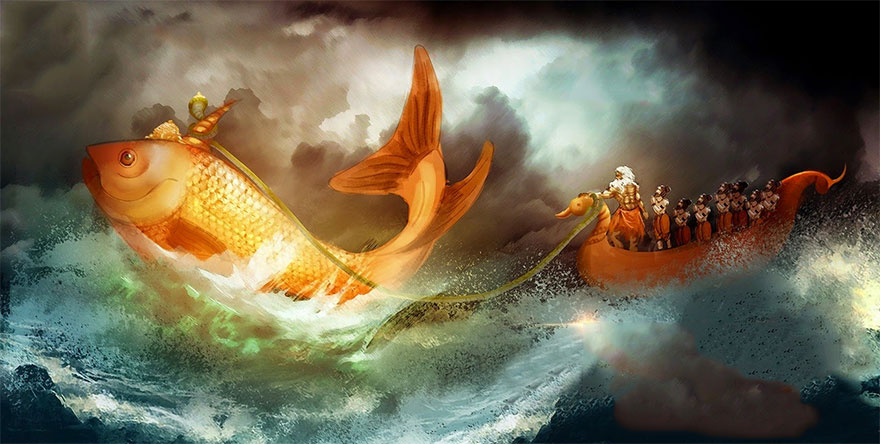
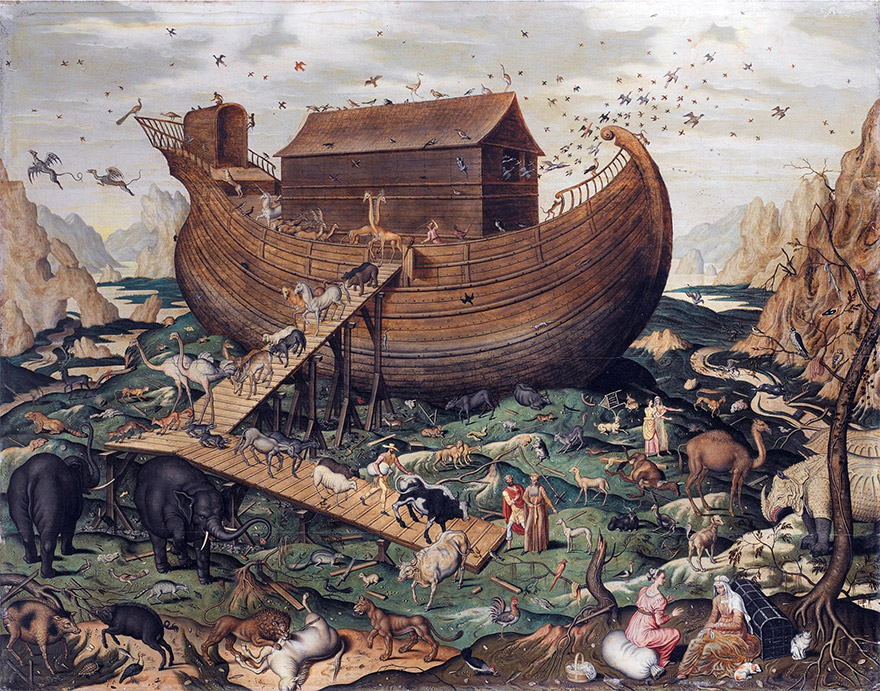
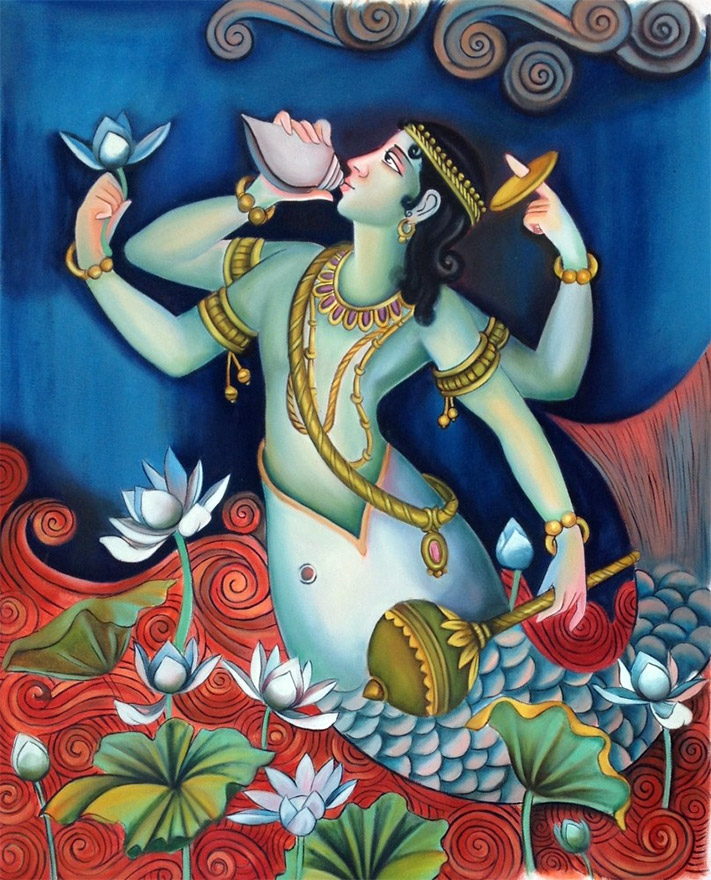
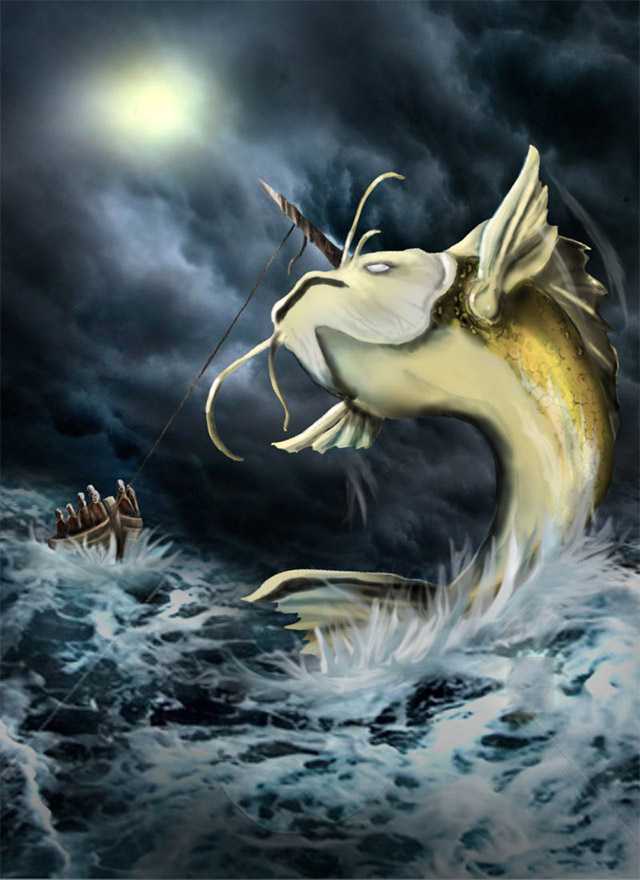
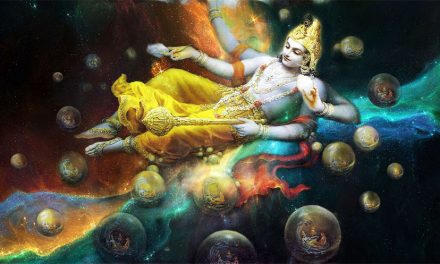
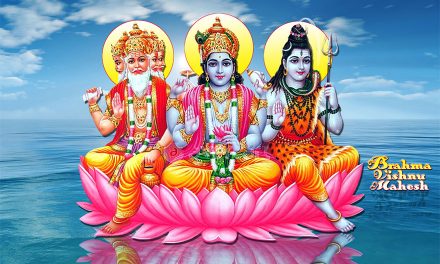

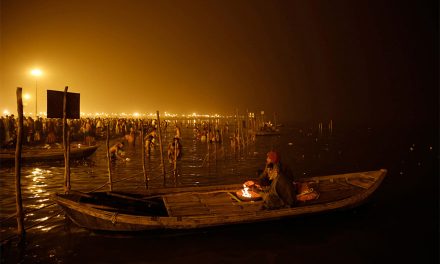










Dear Colleagues
I enjoy your work.
May I consult you on some research issues to do with Old Irish manuscripts?
Yours
Seamus Darcy
This is a wonderful article that attempts to bring together different components of history and belief systems. I agree with many of the things suggested by the author, though I do believe that more research needs to be done for the world to gain acceptance of the suggestions made herein. I do have a question though. Will the BJP, who believe in our revered religion, and who are a Hindu force to reckon with on all matters of religion and history, subscribe to the suggestions made in this article? Is my question a fair one? Or, if it is unfair, I would really like to understand ‘why’ from the author of this article. May our dharma be preserved in the world of Maya as in the world of God.
I would like to add that in making his suggestions the author of this article is in good company. His Holiness Sri Sankaracharya, the 68th Jagadguru of the Kanchipuram Mutt, who attained his Samaadhi on January 8th, 1994, had also made similar historical connections when he suggested that it was possible that Lord Rama alludes to one of the Rameses – i.e. King of Egypt. Similarly there are places in Egypt called Lava and Kush. Are these just coincidence? It is very relevant, and very important, that we invest in this research and investigations, as it is important to all Hindus.
While we have a deep shelf of vedic texts and history, most Hindus (i.e. 99.9%) have insufficient knowledge of our texts and legacy. This is largely so because there is no single, reliable, source of Hindu texts that we can all access with ease. Many of our beliefs are based on folklore and there are serious issues of credibility when we start mixing our own individual interpretations of our folklore or texts. One recommendation that I would make for those who are really interested in Hinduism, is the book written by Late Dr. S. Radhakrishnan, former President of India. While the book does not touch upon any of the suggestions made in this article above, it lays the foundation for our basic understanding of Hinduism and the philosophical pillars of the religion. Historically speaking, such intentional focus on the philosophy (rather than the authors of the philosophy) has been responsible for obscuring the “less important mortals” who crafted their insights into our philosophical foundations. Yes, I am aware that we allude to the Great Rishis who provide these ‘insights’, but these are poorly understood facts in our society. I hope that as we go forward, we invest more in the coding of our historical past even as we make progress towards our future. The Jews, the Christians, the Muslims, the other younger religions have all preserved their texts in such a manner that there is a contiguous thread of their history, belief systems, and stories. We seem to have lost such contiguity. It is time we as Hindus rebuilt, re-purposed (yes, why not?) and disseminated our texts, messages, and metaphors in a coherent manner. I advocate this not so as to re-assert our greatness, but for the nobler task of saving the world from the maladies affecting us all, such as: religious conflicts, terrorism, and “exclusivism”.
I love reading these articles. Thanks for sharing.
Those among you who may be interested in the spiritual history of mankind, please read this book: A Spiritual History of Planet Earth.
your articles are excellent explaining the different tales ,the pictures are also good
can the readers can also contribute their mite?pl.let me know thanks for the magazine,
This is very nice article giving the similar conception about creation .The similarity in different vedic text shows us that we can not deny the words of Scripture. This can not be a coincidence describing about manu , about hell ,about heaven ,about god in a similar way .
So the conclusion is that vedas are perfect with their wisdom .we need to understand it evaluate it and follow it.
While going though comments I came across Neeraj’s comments where he is mentioned that Hindus have lost the connectivity of there books and stories and vedic text that is not true. Bhagvat Gita have 700 text and it is preserved till date .Srimad bhagvatam having 18000 verses they are still there .Mahabharat contains 100000 verses they are still there .then why you are telling that we have not preserved .
Yes some them we lost like bhramh samhita we have only 5th chapter .but the required for this age called kalyuga is mainly bhagvat gita and srimad bhagvatam which we have preserved very carefully .Don’t read any commentary fram here and there as you have mentioned about Radhakrishan . Because people have just wrote like other books without any spiritual feeling and thats why they have represented the mood of god and its very dangerous in this sense. So if want to known about vedas or spiritual knowledge then read the most famous commentary on Bhagvat gita that is given by Bhaktivedant swami Prabhupad .His commentary is known as “Bhagavat gita -as it is” which have been most read and most appreciated commentary on Bhagvat gita in entire world.
@Seamus Darcy – Seamus, I located the name of the author of this article (only after looking for it) much after I had commented on this site. The person’s name is ‘Abhaya Mudra Dasi’. She apparently runs a different site, and this article above seems to have been originally published there. You may perhaps be able to track her down more easily from the other site (vedicastrologers.org). I don’t know her, nor do I know the ‘owners’ of this site that I commented on above. The topic was of interest to me and therefore I commented. Good luck in your endeavor!